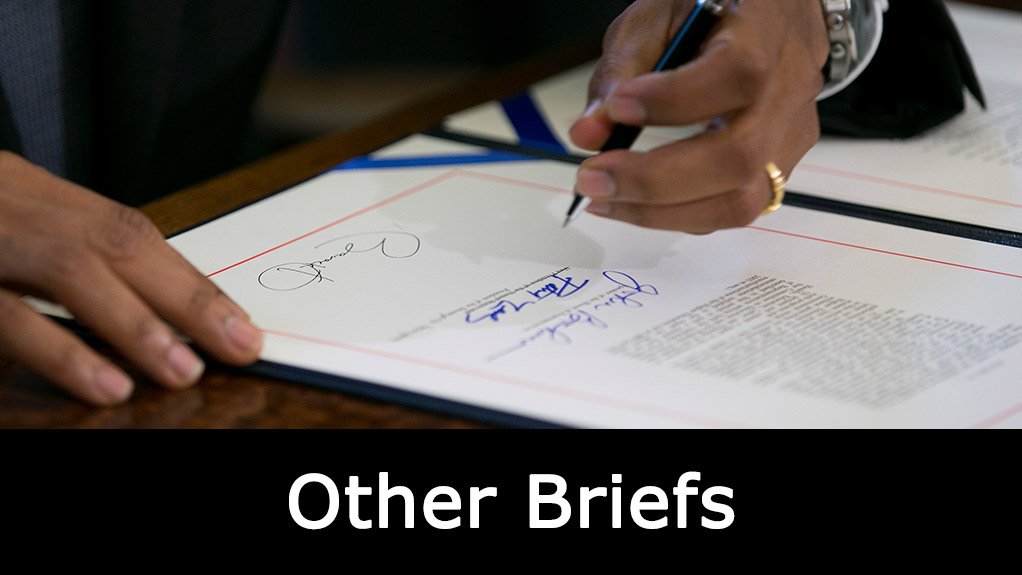It is not uncommon for Employees who are unhappy due to the treatment they may receive, from their Employer and colleagues, to lodge a workplace grievance, but what should an Employer do when the grounds of the grievance turn out to be falsified, embellished or inaccurate?
The work environment is teeming with different personalities and opinions, and it is for this reason that one might encounter an issue with other Employees in the workplace. To combat these issues, a structured system must be implemented to address any concerns and complaints. For an Employee to address any concerns, it should be done through a formal grievance procedure.
The lodging of a grievance is a formal process whereby an Employee may lay a formal complaint for adjudication by internal and external parties. A grievance procedure aims to promote fair and sound labour practices to exercise consistency, transparency, and fairness in the workplace. Section 23(1) of the Constitution of the Republic of South Africa, jointly read with Section 185(b) of the Labour Relations Act (LRA), stipulates that every individual has the right to fair labour practices.
Grievances laid are based on the factual conduct of co-employees or other staff members within the workplace. However, it may often happen that the basis of the grievance laid is fictitious, in which instance the Employer may institute disciplinary action against such Employee’s lodging a false grievance.
In the case of the National Transport Movement obo Letsoha and others vs Bespoke Amenities (2023) 6 BALR 987 (CCMA), the Commissioner found the dismissal of seventy-seven (27) Employees to be substantively unfair. Serious allegations were levelled against the Managing Director, alleging sexual harassment and threatening and intimidation of Employees.
These allegations were used in support of a petition to have the Managing Director of the Employer removed from their position. The petition led to a grievance, whereafter a thorough investigation ensued, resulting in the grievance allegations being found to be without merit. The Employees were subsequently charged with gross dishonesty and insolence. However, the Commissioner found that the charges were embellished and flawed with factual inaccuracies.
Considering that the grievance stemmed from the petition, there was no mention in the petition itself of sexual harassment. To go further, a petition was not a form of oath that signatories took, and therefore, perjury could not have been a justifiable reason for the dismissal.
The grounds for any grievances should be based on evidence and facts. Should a grievance amount to being frivolous and display intentional fictitious allegations, disciplinary action may be taken against such an Employee for dishonesty and making a false statement. However, to succeed in instituting charges, Employers need to ensure that there is a nexus between the grounds of the grievance and the charge of dishonesty levelled against the Employee.
The Employer would need to prove that there were justifiable reasons to subject the Employee to disciplinary action based on the allegations in the grievance. Should the chairperson in the grievance inquiry find insufficient proof for the grievance lodged by an Employee, and the Employer would like to institute disciplinary action against the same Employee, the Employer should be able to prove that the Employee had the intention to be dishonest when the grievance was lodged. The Employer must always ensure that a proper procedure has been followed in dismissing an Employee to ensure the dismissal is also substantively and procedurally fair.
Formal grievance procedures are pivotal in promoting fairness, transparency, and Employee well-being. By providing a structured and accessible platform for addressing concerns, Employers can foster a positive work environment and encourage open communication between Employers and Employees.
Should an Employer suspect that a lodged workplace grievance may be falsified, embellished or inaccurate, it is advisable to address the grievance with the necessary due diligence. With a shared dedication to implementing and continuously improving these procedures, Employers and Employees can work hand in hand towards a harmonious and productive work environment for all.
Written by Ivan Mashegwane, Legal Assistant at Consolidated Employers Organisation (CEO SA)
EMAIL THIS ARTICLE SAVE THIS ARTICLE ARTICLE ENQUIRY
To subscribe email subscriptions@creamermedia.co.za or click here
To advertise email advertising@creamermedia.co.za or click here











